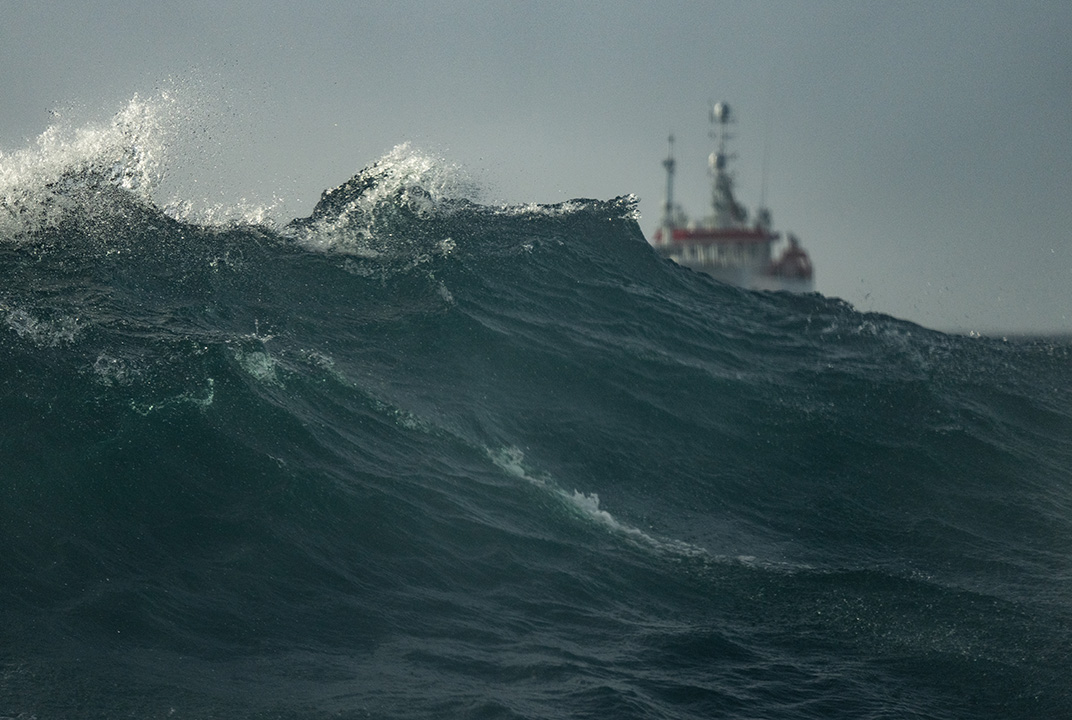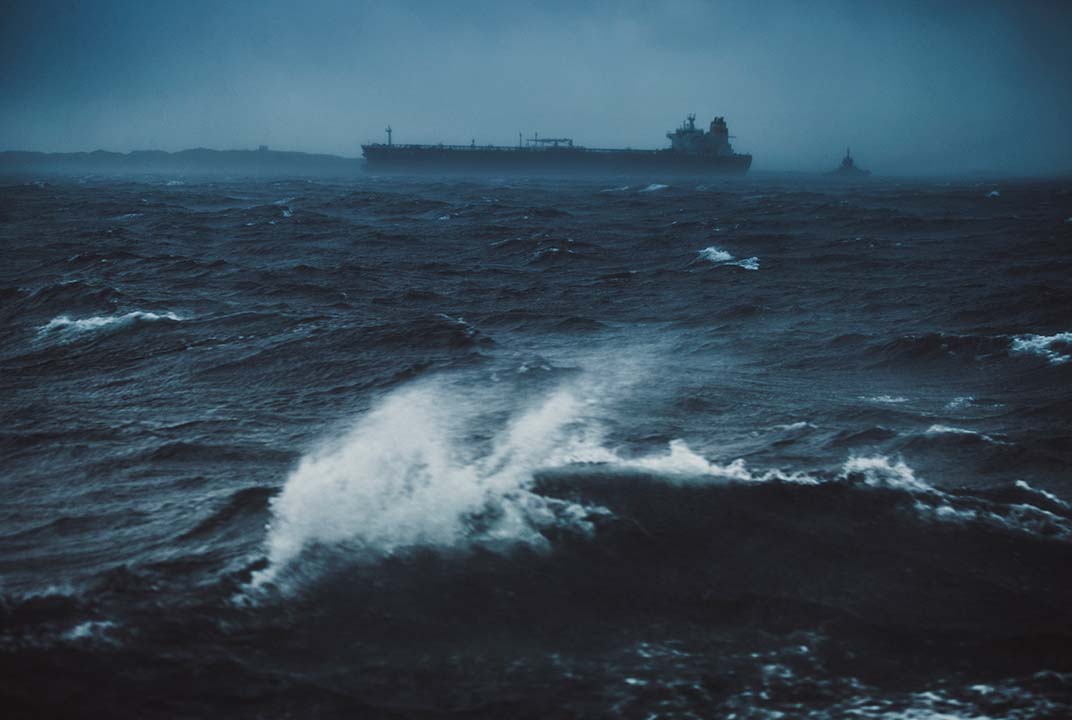Inmarsat and IMRF deliver first GMDSS course in Africa
Inmarsat and the International Maritime Rescue Federation (IMRF) have delivered the very first maritime search and rescue (SAR) Global Maritime Distress Safety System (GMDSS) course in Morocco.
All seven maritime SAR professionals that have taken part – five from Morocco, one from Senegal and one from Nigeria – are GMDSS trainers in Africa, and will return to their respective regions to pass on the knowledge and training to their teams and organisations.
The GMDSS is an international system which uses approved terrestrial and satellite technology and ship-board radio systems. This trusted technology means that shore-based rescue and communications authorities can be immediately alerted in the event of an emergency at sea.
New generation
The course, which was delivered by John Dodd, Director of Safety Services, Inmarsat Maritime covered the very latest developments in the new generation of GMDSS and SAR coordination and operations.
The training focused on applying technology to reduce the response times of the maritime rescue coordination centres, as well as sharing best practice in maximising efficiency in SAR operations by using vessels in the immediate vicinity.
As an associate Member of the IMRF, Inmarsat sponsored the event as a contribution to the IMRF’s Global SAR Development Project in Africa. The project will help improve SAR capability across 29 African countries, with a focus on building the capability of Rescue Coordination Centres, Rescue Sub-Centres and SAR Mission Coordinators.
Enhance safety
The course participants were keen to improve their knowledge and understanding of all aspects of the GMDSS and advances in new satellite technologies that will further enhance safety of life at sea.
The training was designed to equip the delegates with the knowledge and confidence to pass on what they had learnt to their teams back in their respective regions.
“The International Maritime Organization (IMO) is implementing a complete overhaul and modernisation of GMDSS, and it is vital that all stakeholders are fully briefed on the system on which seafarers rely in the last resort,” said John Dodd.
GMDSS approval
“This year, Inmarsat has also been rolling out SafetyNET II – a web-based version of the SafetyNET messaging platform that supports GMDSS and SAR, while an IMO Sub Committee agreed that both FleetBroadband and Fleet One should be considered for formal GMDSS approval.”
Theresa Crossley, CEO, IMRF said: “This is the latest stage of our work in Africa to improve SAR knowledge and expertise, working with regional maritime rescue coordination centres to promulgate the latest information and expertise in the most efficient way possible – all with the objective of saving more lives at sea and in inland waters.
“We thank Inmarsat for their support and for sharing their expertise and developing this valuable training. The feedback from the delegates has been very positive and encouraging.”
Future technology
One of the participants, Rabah Bechrouri from Maritime Rescue Coordination Centre Rabat added: “We have learnt a lot during this week. We have received a great deal of new information about the latest and future technology for SAR. Overall, the course has been very beneficial for SAR in Africa”
The IMRF has been working to improve maritime SAR in Africa for the last five years, working in partnership with the IMO Technical Cooperation Committee. The IMRF has coordinated North and West Africa regional meetings for the IMO TCC, delivered training, helped to develop a regional SAR plan and has improved operational cooperation and governance. As a result of this success, the IMRF’s work has now spread to cover five African SAR regions.
Any company or organisation that wishes to support or get involved in future SAR training in Africa should contact Caroline Jupe on c.jupe@imrf.org.uk, or call 0044 (0) 1569 767405.

